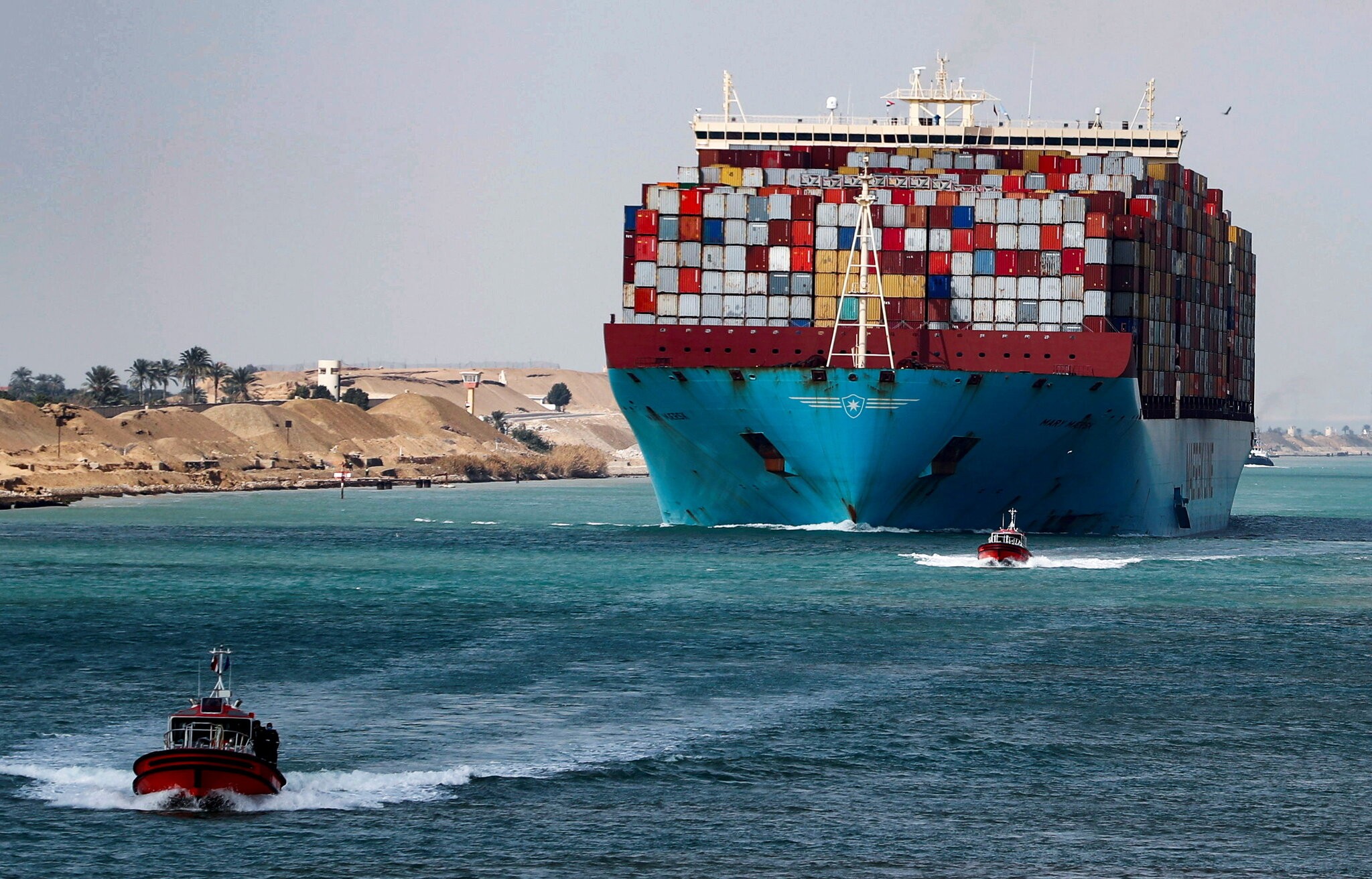Blog Detail
Attacks in Red Sea Disrupt Global Shipping

For the past two months, relentless missile, drone, and hijacking attacks on civilian ships in the Red Sea have triggered the most significant disruption to international trade in decades. The ongoing assaults by Houthi militants, in the aftermath of the Israel-Hamas war, have led to a major shift in shipping routes, impacting costs for shippers worldwide.
Despite retaliatory strikes and multinational naval patrols, the attacks persist, forcing shipping lines to avoid the Red Sea, a vital waterway handling 12% of global seaborne trade.
Over 500 container ships, originally destined for the Suez Canal, are now taking a two-week detour around the Cape of Good Hope, adding complexity and cost to the shipping process.
Vincent Iacopella, a logistics expert, noted ‘A rapid increase in costs, comparing it to the challenges faced during the pandemic. The shipping container rates from China to the Mediterranean have quadrupled since late November’.
Major companies, including Volvo, Tesla, Tesco, and Marks & Spencer, are already feeling the impact, with production suspensions, higher costs, and supply chain delays. Maersk, the second-largest container carrier, warns of disruptions lasting several months.
Economists suggest potential delays in interest-rate cuts by central banks due to rising shipping costs. The longer the disruption continues, the broader the economic implications, impacting various industries and potentially contributing to inflation.
The crisis, originating from the Red Sea, is already surpassing the impact of the 2021 Suez Canal blockage.
If prolonged, it could rival the 1956 Suez Crisis. Bloomberg Intelligence estimates a 40% increase in voyage distance due to rerouting, causing delays and higher costs for importers globally.
As the conflict off Yemen's coast escalates, there are concerns about worsening tensions and potential casualties. The Pentagon reports continued efforts to destroy Houthi missile facilities, while the economic fallout from the disrupted trade routes remains a growing global concern.
The geopolitical situation underscores the interconnectedness of the global supply chain and highlights vulnerabilities that have persisted since the onset of the pandemic.
Experts caution that the Red Sea crisis reveals risks for other potential hotspots, emphasizing the need for resilience in global trade systems.






